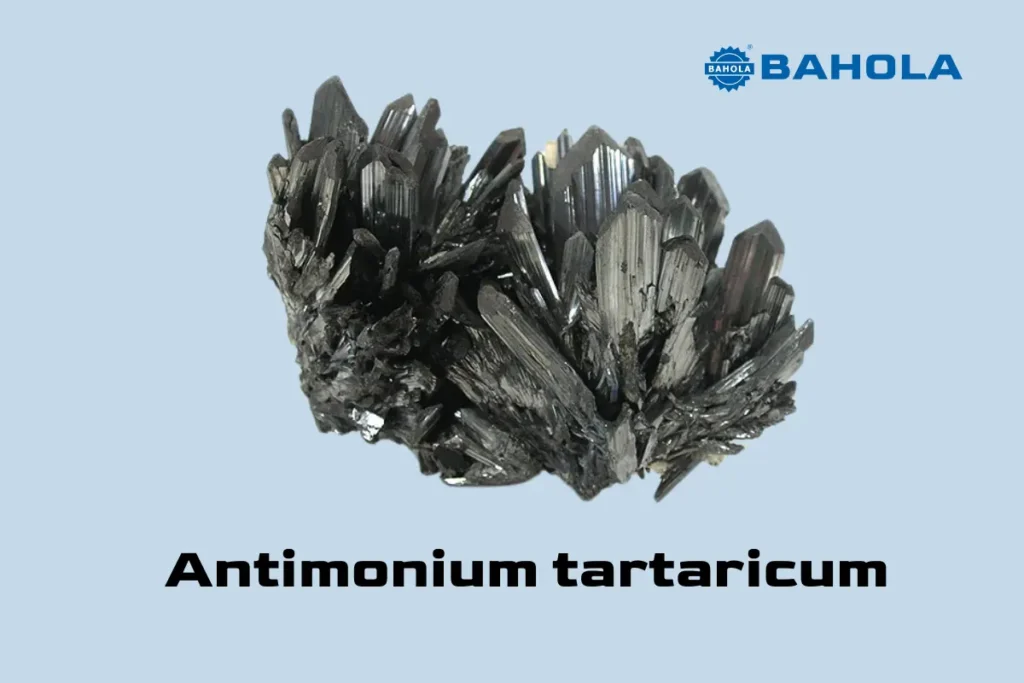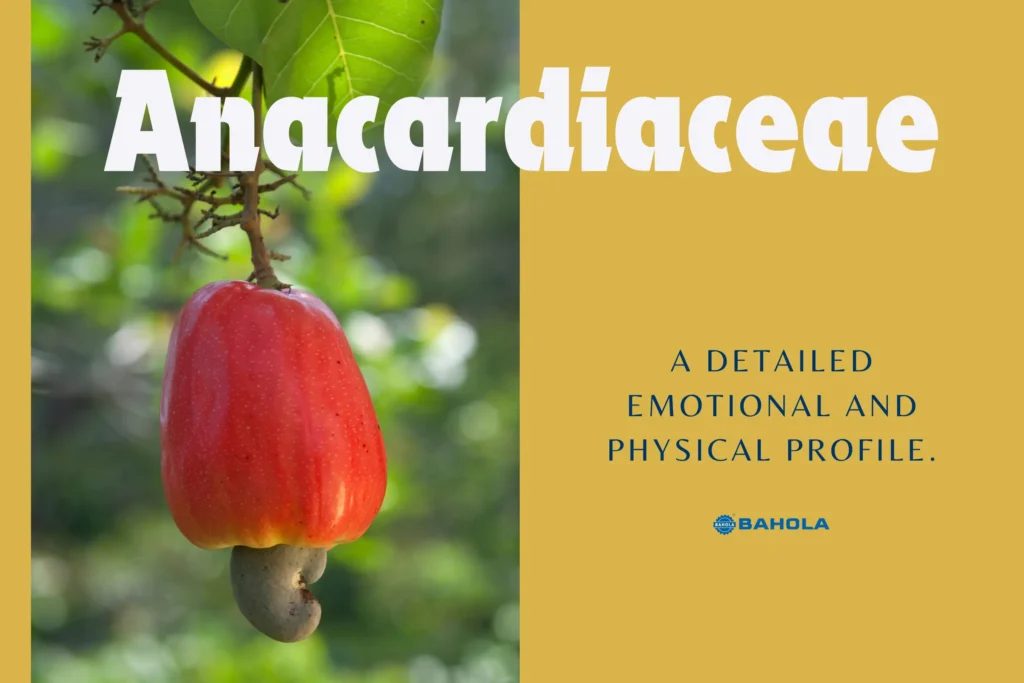🧠 THE GENIUS OF IGNATIA
“A remedy of paradoxes, contradictions, and emotional turmoil.”
Ignatia is a remedy primarily known for acute grief, emotional shocks, disappointments, or romantic heartbreaks. Everything about Ignatia is full of contradictions.
Imagine a person smiling through tears, laughing while feeling deep sorrow, or sighing frequently but refusing to speak of their sadness. This is Ignatia.
🧬 CORE THEMES
| Sphere | Expression in Ignatia |
|---|---|
| Mind | Silent grief, acute sensitivity, hysterical reactions |
| Nerves | Trembling, spasmodic affections, globus hystericus |
| Throat | Sensation of a lump (globus hystericus), better swallowing solids |
| Respiration | Deep sighing, spasmodic cough, nervous asthma |
| Gastro | Cramping, empty sinking feeling, emotional connection to gut |
| Sleep | Sleepless from grief; jerking on falling asleep |
🔬 ACTION ON ORGANS AND SYSTEMS
🧠 Mind and Emotions
- Extremely sensitive to emotional hurt — the hallmark of Ignatia.
- Idealistic, romantic, introverted, melancholic.
- Contradictions: cries when comforted, laughs at sad news.
- Modalities: Worse from consolation; better when alone and distracted.
👄 Throat
- “Lump in throat” that cannot be swallowed — classic globus hystericus.
- Paradox: Better by swallowing solids, worse with empty swallowing.
🫁 Chest and Respiration
- Spasmodic sighing, like releasing pressure.
- Hysterical sobbing, asthma from grief.
- Dry spasmodic cough worse the more they cough.
🧠 Nervous System
- Trembling, jerks on falling asleep.
- Nervous spasms and twitchings.
- Convulsions from suppressed emotions.
🫀 Circulation
- Palpitations from emotions.
- Fainting from bad news or disappointment.
🍽️ Stomach and Abdomen
- Sinking feeling in stomach when emotionally hurt.
- Nausea and vomiting from grief.
- Cramping colic, relieved by pressure or doubling over.
🛌 SLEEP AND DREAMS
- Sleepless from worry or grief.
- Starts and jerks on falling asleep.
- Dreams of the deceased, unresolved grief.
💊 THERAPEUTIC INDICATIONS
| Condition | Notes |
|---|---|
| Acute grief or loss | After death of loved one, breakups, disappointments |
| Hysteria | Laughing, crying, sighing, twitching all at once |
| Globus hystericus | “Lump in throat” better swallowing solids |
| Emotional asthma | Asthma after grief, better when distracted |
| Sleeplessness | Grief or worry-based insomnia, jerking on falling asleep |
| Depression (silent) | Doesn’t want to talk, better alone, worse from consolation |
| Spasmodic affections | Jerking, twitching, even chorea from emotions |
| Headaches | From suppressed grief, relieved by lying on painful side |
🧪 MODALITIES
- Worse: From consolation, emotions, coffee, smoking, strong odors, touch, open air.
- Better: Change of position, swallowing solids, deep sighs, distractions.
🧊 REMEDY COMPARISONS
| Remedy | Similarity | Difference |
|---|---|---|
| Natrum mur. | Grief, reserved, brooding | Natrum holds emotions in long term; Ignatia is acute, reactive. |
| Pulsatilla | Emotionally expressive, weeps easily | Pulsatilla desires consolation; Ignatia hates it. |
| Aur. met. | Depression, suicidal thoughts | Aurum is more chronic, serious, with desire to die. |
| Nux vomica | Irritable, oversensitive | Nux is angry/tense; Ignatia is sad/sensitive. |
| Staphysagria | Emotional suppression, silent suffering | Staphysagria is from humiliation or indignation; Ignatia is from grief. |
🎓 VITHOULKAS’ INSIGHT ON IGNATIA Essence Of Materia Medi…
George Vithoulkas highlights Ignatia as a remedy that “is dominated by emotional contradictions”, like laughing during grief or accepting consolation with outward irritation. He says it is suited to those with “high ideals, deep emotions, and a fragile nervous system”.
💡 CLASSROOM SUMMARY
Let’s say you’re asked:
“Who is Ignatia?”
Think of a grieving romantic, sighing deeply, hiding her pain, suffering silently. She doesn’t want to be comforted, yet craves understanding. She laughs through tears, and holds it all in until her body starts twitching, her throat closes up, and sleep deserts her.
That is Ignatia.
Bahola Ignatia amara CH
Dil - I Price range: ₹65.00 through ₹640.00Select options This product has multiple variants. The options may be chosen on the product page



